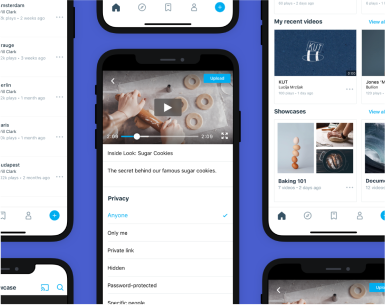Introduction
Visma offers software and services that simplify and digitize core business processes in the private and public sectors. The company develops mission-critical software in accounting, ERP, and financial management. With 15,000 employees, 1,135,000 customers, and net revenue of €1,995 million in 2021, Visma is one of Europe’s leading software companies.
In the fast-paced and fragmented market, Visma’s service delivery teams encountered numerous challenges in managing their on-premise testing infrastructure of mobile devices. They aimed to improve the availability of real devices to testers. With BrowserStack, they successfully reduced setup and teardown times for mobile devices and browsers, improving product delivery lead times while upholding quality standards for their end customers.
Managing test infrastructure in a fragmented market
Initially, service delivery teams bought the latest and most used phone models on the market. They also operated and maintained many browsers and their multiple versions on several different setups to replicate customers’ usage. “Mobile phones come out very quickly, and there are a number of them, [so] it becomes quite expensive to keep up with the speed of the technology,” says Mili Orucevic, Chief Software Quality Engineer at Visma.
Engineers spent a lot of time preparing the devices before actual tests because they didn’t want a false positive or a false negative outcome. Thorough cleanups were also required after each test as it was never known what was already installed.
“It was probably fine when we had the iPhone 4; the next iPhone was a couple of years away. But when the test matrix grew, and devices were fragmented in the market, with us needing to cover all the devices, it all became just unmaintainable,” says Mili.






